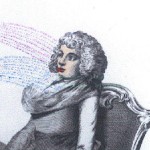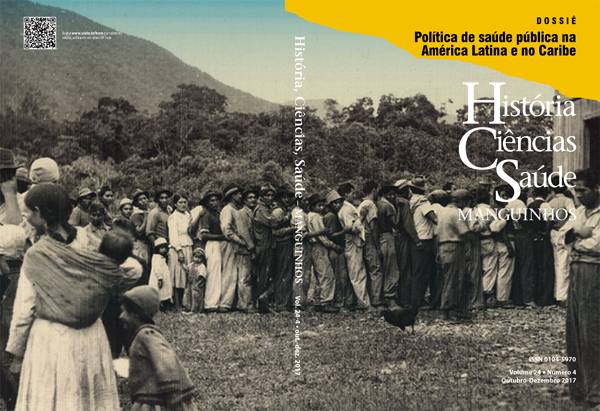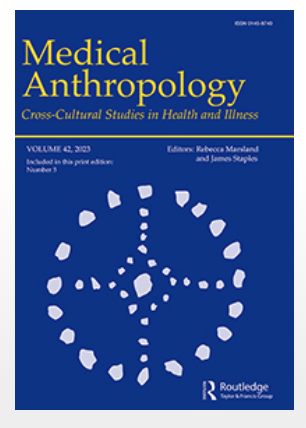In his article, “Public health and tropical modernity – the combat against sleeping sickness in Portuguese Guinea, 1945-1974”, Philip Jan Havik discusses the efforts to research and control sleeping sickness under colonial rule.
European colonial powers in Africa could not simply ignore tropical diseases, as it was also threatening colonial officers. This article, focuses on the “Commission for the study and combat against sleeping sickness,” sent by Portugal to counter the disease in the Portuguese Guinea, in Western Africa.
Tackling this disease, particularly at that time, was something hard to achieve. West Africa was seen as a hub for the disease due to its climate conditions. Guinea’s particular environment, with high temperatures, flooded areas and lack of hygiene created a perfect habitat for vectors as the tsetse flea, responsible for transmitting the sleeping sickness´ Trypanossoma.
First reports ordered by Portuguese institutions, pointed out that the continent’s reality of ethnical conflicts, migration and displacements were damaging the population’s immune systems. Guinea’s shortage of doctors, lack of resources and isolation of rural areas also meant barriers for disease control.
Despite earlier attempts to study and control the disease in Guinea, it was only in 1945, after World War II, that the Portuguese established the “Commission for the study and combat against sleeping sickness.” The Commission introduced a new approach combining public health and preventive medicine. The program reached some achievements such as creating a number of infirmaries in remote villages and enhancing Portugal status as producer of scientific knowledge.
In spite of its apparent success in terms of disease control, the commission was dismantled in 1970s, after Guinea’s Independence. Health services were portrayed as part of a colonial “tool for control” of Africa, and could no longer sustain themselves. Some groups, endorsed by the anti-colonial opposition, begun to associate tropical diseases with poverty and underdevelopment and deemphasized specific disease-control programs. Havik concludes that further field research will be needed to control the disease in a region that has long been suffering with poor healthcare and where indigenous healing methods still play a crucial role.
See other articles in Portuguese, Spanish or English about tropical medicine:
Correa, Sílvio Marcus de Souza. O ‘combate’ às doenças tropicais na imprensa colonial alemã. Hist. cienc. saude-Manguinhos, Mar 2013, vol.20, no.1, p.69-91.
Ortega Martos, Antonio Miguel. ¿Colonialismo biomédico o autonomía de lo local? Sanadores tradicionales contra la tuberculosis. Hist. cienc. saude-Manguinhos, Dic 2010, vol.17, no.4, p.909-924
Caponi, Sandra. Coordenadas epistemológicas de la medicina tropical. Hist. cienc. saude-Manguinhos, Abr 2003, vol.10, no.1, p.113-149.











